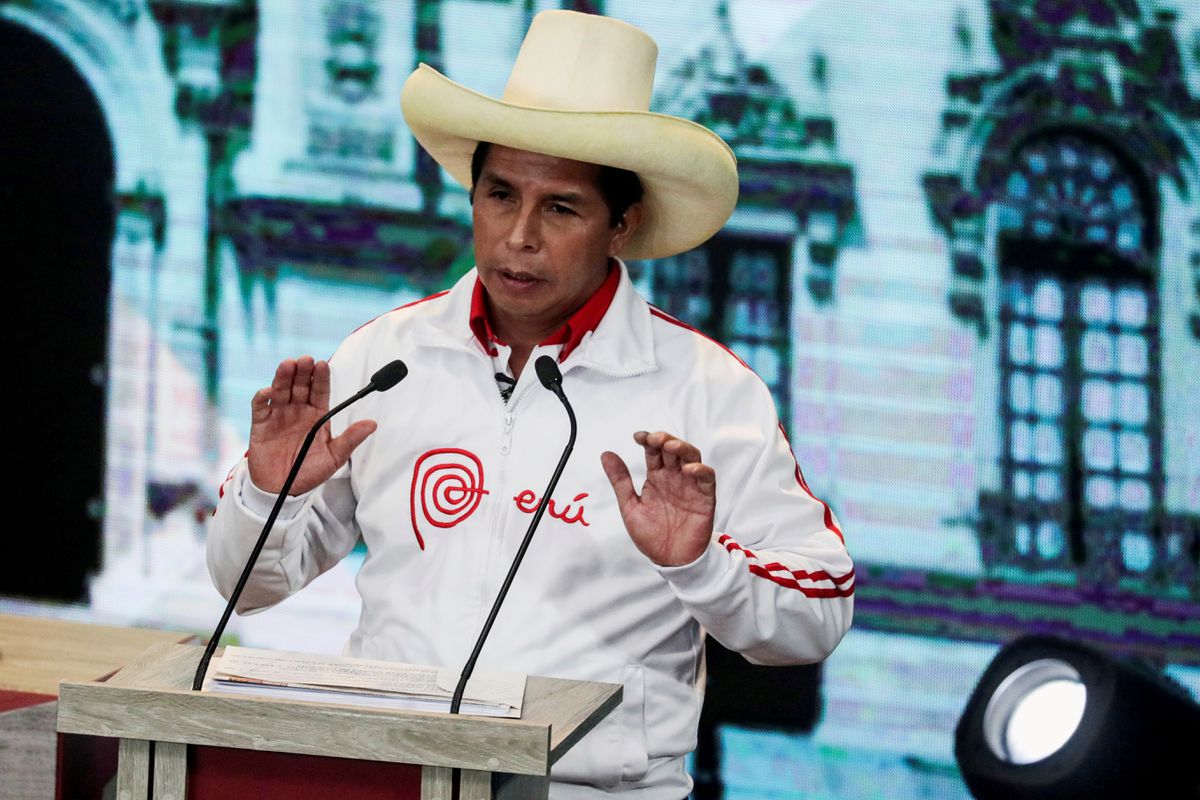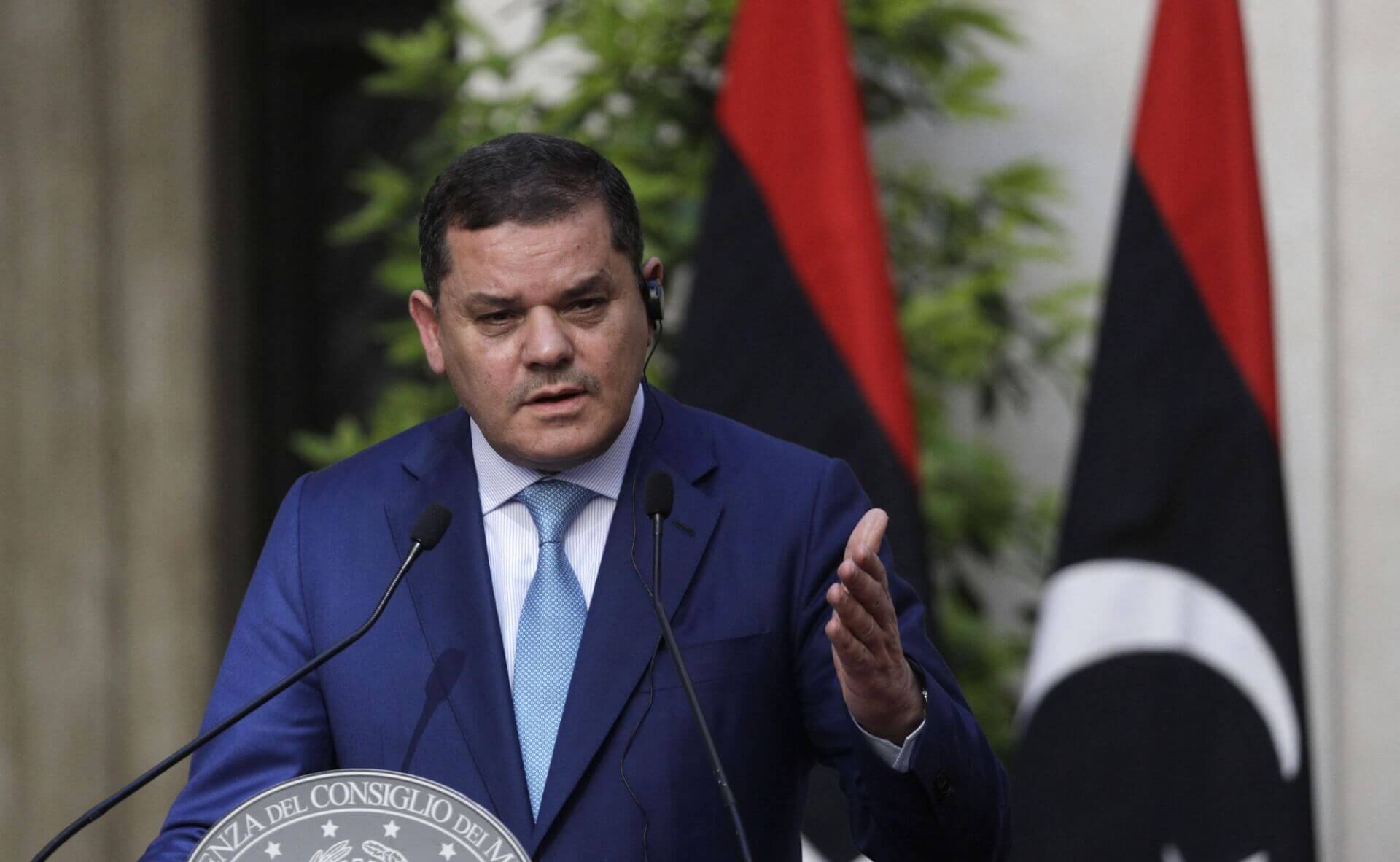South Asia
After two years, India will resume regular international flight operations from March 27 and remove all air bubbles. The Civil Aviation Ministry added that international operations will be subject to strict adherence to Ministry of Health travel guidelines. [The Economic Times]
India, Bangladesh, and Nepal finalised a memorandum of understanding (MoU) on Tuesday that outlines the implementation of the long-debated Bangladesh-Bhutan-India-Nepal Motor Vehicles Agreement. The agreement aims to boost regional trade and connectivity. [Hindustan Times]
Central Asia and the Caucasus
The Kazakhstan government is planning to reroute its cargo traffic via the Caspian Sea, as traders have been running into frequent problems navigating their goods through Russia, which has been battered by international sanctions. The new route across the Caspian will lead vessels toward Azerbaijan and then eventually to Georgia. [Eurasia.net]
Thousands of Russians have relocated to Armenia since the onset of the Russian invasion of Ukraine. Armenia was one of the few options available for emigration, given that 33 countries, including all 27 members of the European Union, have closed their airspace to Russian flights. The majority of the new arrivals are in the information technology and finance sectors and have contributed to a 20-30% rise in rental prices in Yerevan. [The Armenian Mirror Spectator]
East and Southeast Asia
United Nations human rights chief Michelle Bachelet announced on Tuesday that she has reached an agreement with China for a visit in May. Her visit would include a stop in the Xinjiang province, where activists estimate about one million Uyghurs are being held in mass detention camps. It has been reported that members of the Uyghur community have been subjected to forced sterilisation, sexual violence, enslavement, torture, and forcible transfer. [Channel News Asia]
All Chinese nationals in Ukraine have been moved out of the war-torn country’s danger zones, the Chinese Embassy in the country announced. Citizens insisting on staying in Ukraine were cautioned to strengthen their safety precautions and emergency preparations. [Global Times]
Europe
On Tuesday, the ambassadors of the European Union agreed in principle to impose another round of sanctions on Russia that target more oligarchs and its maritime industry. The latest package also includes barring three Belarusian banks from the SWIFT international payment system. The ambassadors are expected to finalise sanctions on Wednesday and initiate a formal procedure to implement the package. [Politico]
In an effort to shield the Hungarian energy sector from the negative repercussions of escalating sanctions against Russia, Prime Minister Viktor Orbán on Tuesday objected to further sanctions on Russian oil and gas exports. Orbán condemned Russia’s invasion of Ukraine but underscored that 90% of Hungarian families depend on Russian gas to heat their homes. [HUNGARY Today]
British Prime Minister Boris Johnson created a new position for a minister to deal with the growing refugee crisis after several Conservative parliamentarians condemned the Home Office of “dragging its feet” over visa applications and failing Ukrainians fleeing the Russian invasion. [The Guardian]

Latin America and the Caribbean
On Tuesday, opposition lawmakers in Peru launched a second attempt to impeach President Pedro Castillo, asserting that he is morally unfit to serve as president due to allegations of corruption. Although the confirmation vote requires just 66 votes to be put forward as a motion, it then needs the votes of 87 out of 130 lawmakers in Peru’s one-chamber Parliament to actually remove Castillo from office. Castillo’s approval rating stands at a dismal 30% and he has already run through four separate cabinets, despite only coming into power last July. [Reuters]
The Associated Press has reported that Venezuela freed at least one jailed American citizen on Tuesday night, just a day after President Nicolás Maduro said his administration had held “respectful, cordial, [and] very diplomatic” talks with White House officials on Saturday. The United States delegation reportedly visited Caracas to discuss a possible relaxation of sanctions in return for Maduro changing his tone on the Ukraine-Russia conflict. [Associated Press]
Middle East and North Africa (MENA)
The Libyan Transitional Council of Ministers, led by Prime Minister of the interim Government of National Unity (GNU) Abdul Hamid Dbeibeh, has suspended the implementation of an agreement reached with the United Nations on gender equality due to its incompatibility with Islamic Sharia law. It appears to be an attempt by the GNU to pacify Islamists, who in the past have criticised the Dbeibeh government for saying that the “national law,” or the constitution, would take precedence in cases where it contradicts Sharia law. [Africanews]
During a two-day visit to Rabat, United States Deputy Secretary of State Wendy Sherman reaffirmed Washington’s support for Morocco’s plan to grant autonomy to the disputed Western Sahara region. She described the ‘autonomy plan’ as “serious, credible, and realistic, and as an approach that can meet the aspirations of the people of the region.” Sherman’s comments confirm that the Biden administration is continuing the previous Trump government’s decision to recognise Morocco’s full sovereignty over the entire Western Sahara region. [The North Africa Post]
North America
On Tuesday, the upper chamber of the United States (US) Congress passed a financial relief package worth $50 billion for the US Postal Service, an effort to modernise the struggling agency. The Senate-approved bill now heads to President Biden’s office for final approval after receiving huge bipartisan support. The bill is expected to reduce $57 billion in liabilities for the agency without any toll on workers. [The Voice of America]
Canadian Prime Minister Justin Trudeau on Tuesday visited the North Atlantic Treaty Organization (NATO) facility with his Spanish and Latvian counterparts, Pedro Sanchez and Arturs Krišjānis Kariņš. After the visit, Trudeau announced Canada’s renewed commitment to NATO, particularly in military deterrence. [CBC]
Oceania
On Tuesday, the Australian government placed new sanctions on Russian propagandists for trying to legitimise Russia’s “unprovoked, unjustified” invasion of Ukraine. Minister for Foreign Affairs Marise Payne said, “Together with partners, we will drive Russia out of our economies, supply chains and airwaves.” The new round of sanctions imposes financial sanctions on the Russian Armed Forces and six senior Russian military officials. Concerning the spread of disinformation, the government sanctioned ten individuals for promoting the Kremlin’s propaganda. [Minister for Foreign Affairs, Australia]
On Wednesday, the director of the Lowy Institute’s International Security Program, Sam Roggeveen, warned of increased Russian aggression if North Atlantic Treaty Organization (NATO) countries send fighter jets to Ukraine. Roggeveen opined, “In fact, it even creates an incentive for the Russians to actually hit the place before they take off, so yes, there is escalatory potential here.” His comments come after NATO member Poland said it would send a fleet of fighter jets to Ukraine to counter Russian military action. [Sky News]
Sub-Saharan Africa
The Nigerian Ministry of Foreign Affairs announced that it will not “tolerate” its citizens joining the Ukraine-Russia war as mercenaries, saying this would go against the country’s commitment to being a “responsible member of the international community” and violate its “obligations under international laws.” [Africa Times]
Ugandan President Yoweri Museveni’s son and the Commander of Land Forces in the Uganda People’s Defence Force, Lt. Gen. Muhoozi Kainerugaba, announced that he is retiring from military service. Experts suggest that this could indicate the beginning of his foray into politics after over two decades in the army. [The Citizen]

